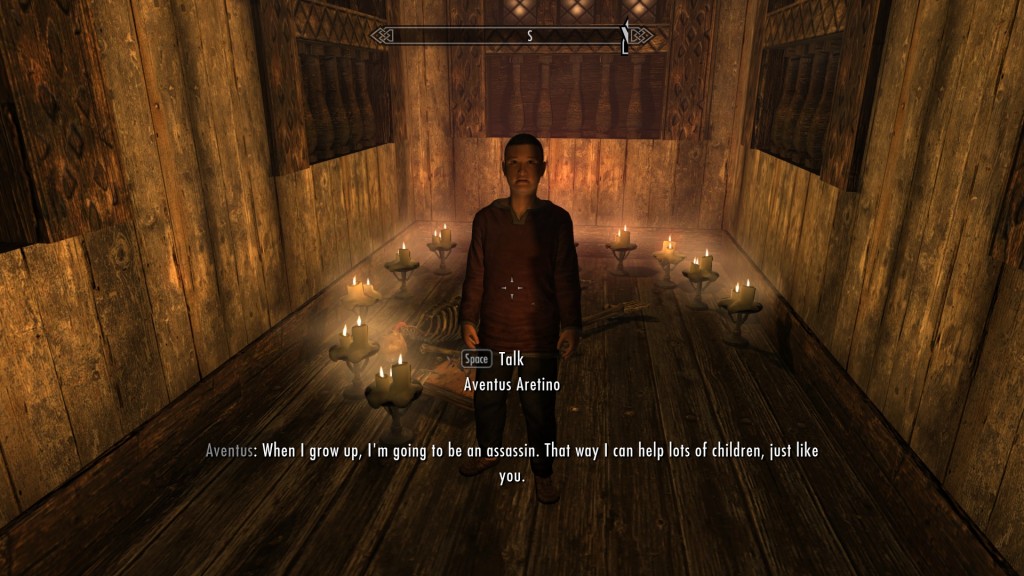Others have said it before me, but I feel the need to reiterate how poorly thought out an update this was for the iSRO economy. Servers like Xian and my old home of Babel have players (or at least abandoned accounts) from 2006, filled with items. Those items retained their value for these six years. This is one of the reasons why the supposed database leak was of interest to so many people who didn’t even play; they hoped to be able to harvest items from old, unused accounts and sell them. Equipment and other items are not like pastries; they don’t lose value as they age. At least they shouldn’t. In fact, some, like GDFs and other items that were available only for a limited time, actually increase significantly in value with the passage of time. But now the majority of the items people have been saving in reserve, ready to sell in the event of a rainy day, have been rendered worthless in one fell swoop, like all my SoX 8th degree weapons. No other update has caused a catastrophe of comparable proportions.
Say what you will about Joymax, but none of their updates to the game thus far, not even the much-maligned abolition of the triangular trade conflict system that was the main selling point of the game (it’s called Silkroad Online for fuck’s sake) have done as much damage to as many players as the phase-in of SRO-R features in iSRO. All items below 9th degree have lost their value. Even SOSun 8th degree weapons are being sold for 100 to 200 million gold. You can’t even give Spell Paper away for 30m when it ought to fly off the shelves at 70m on my server. There is no point to the Forgotten World prior to 9th degree. What this update essentially does is transform the entire player experience from level 1 through 70 into an agonizingly long and boring tutorial before they are allowed to play the “real game”. Levels 20 through 70 used to be part of that “real game”. There was competition with other players. There was envy when someone came about with a golden glowing +7 weapon. Not to deny the repetitiveness of the game, but at least back then there was suspense, since you could get a drop at any moment. That was one of the incentives to play legitimately, without the use of bots. Now there’s really no reason at all not to bot and go afk all day.
I made a goldbot party recently in celebration of learning to use the clientless feature in iBot. Now my goldbot party is useless. I have to raise them to level 75 or so and send them into the Donwhang Cave or put them at Niyas in Taklamakan for them to be of any use. I had been counting on getting a good spot fighting Hun Archers or something and letting them all stay there as long as possible with a 9 level gap. Now I can’t do that. All this update will serve to do is drive the last remaining legitimate players to use bots, and force goldbot companies and players with goldbots such as myself to level them up more quickly, leading to armies of SoSun-clad underfarmed lightning nukers who will ks you at every turn and spawn party giants and envies to kill your wizard while you’re afk or playing Skyrim on the other monitor.
pffft…

![SRO[2012-05-06 17-00-02]_07](https://smilecitrus.info/wp-content/uploads/SRO2012-05-06-17-00-02_07.jpg)


![SEDIE06_Hi10P.mkv_snapshot_15.00_[2011.12.20_18.51.03]](https://smilecitrus.info/wp-content/uploads/SEDIE06_Hi10P.mkv_snapshot_15.00_2011.12.20_18.51.03.jpg)
![Sasurai no Shoujo Nell - 01.mkv_snapshot_20.22_[2011.11.06_18.23.17]](https://smilecitrus.info/wp-content/uploads/Sasurai-no-Shoujo-Nell-01.mkv_snapshot_20.22_2011.11.06_18.23.17.jpg)
